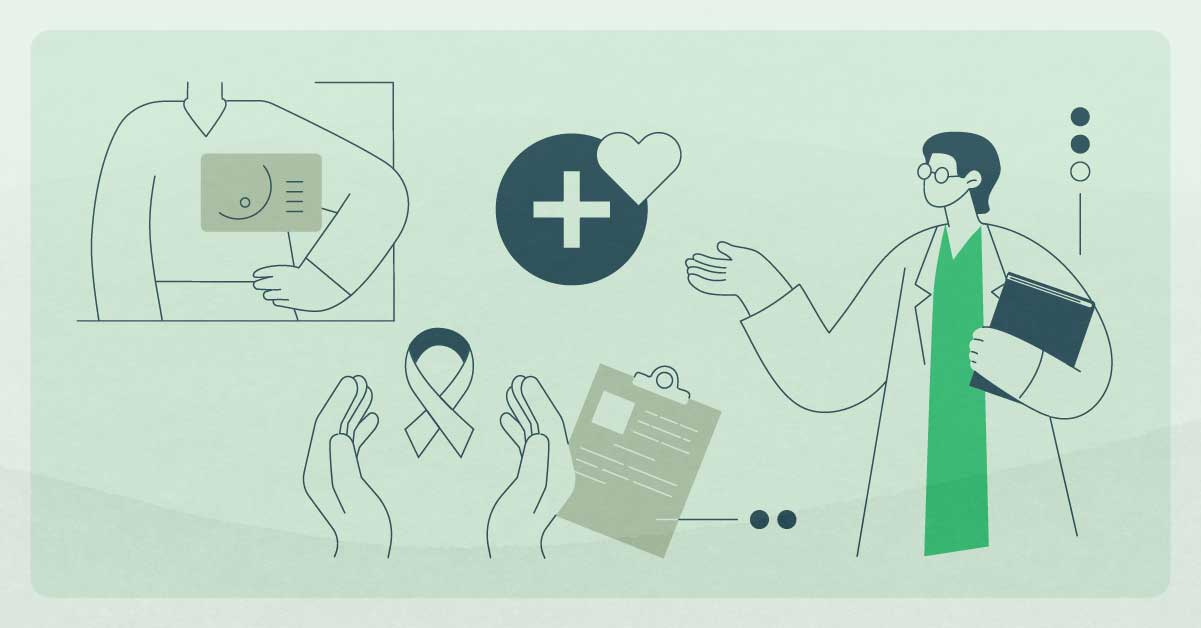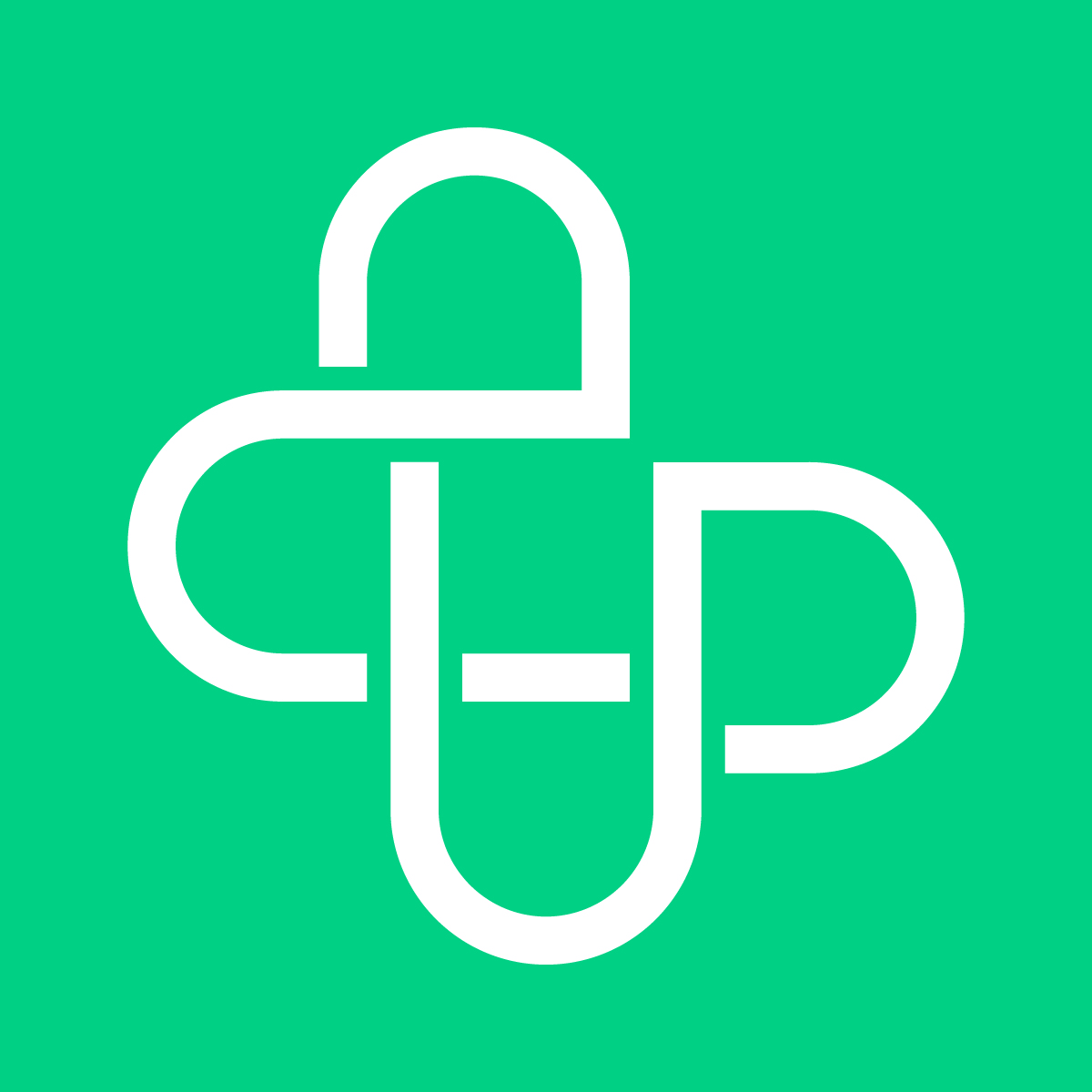Patient outreach technology is helping one provider manage their vaccine efforts and navigate patient care.
Getting the COVID-19 vaccine rolled out safely and efficiently is proving a logistical nightmare for the healthcare industry, pushing the need for coordinated patient outreach to the forefront.
Nearly everyone is going to benefit from the shots, meaning providers and healthcare leaders need to figure out the most equitable way to get a limited number of doses out to people. The Centers for Disease Control & Prevention’s (CDC’s) recommended priority lists are helping a little bit with this, but there’s still some gray area regarding exactly who will get their vaccine when and how to actually get an appointment.
That’s not to mention the added foil of a two-dose vaccine, which will require significant patient outreach and management legwork on the part of providers.
And through all of that, the healthcare industry is acutely aware of the patient experience factor at play. Like the rest of medical care, patients want their vaccines now and they want it to be an easy process.
Providers want that, too.
“We want to make sure that patients get their vaccines safely,” Maria McGowan, the senior vice president for marketing at the Illinois-based DuPage Medical Group (DMG), told PatientEngagementHIT. “That is our number one goal, is to safely get the vaccine into the arms of the patients that want it. So we want to make sure that it’s a smooth process for our patients as the vaccine is authorized to be given more broadly in our state and in our community.”
McGowan and the team at DMG know that as a provider organization, they’re going to play a big role in guiding their patients through this process. After all, most research indicates that patients trust their providers to give them the best healthcare advice.
Earlier in January, a Harris Poll showed that clinicians are in fact the most trusted messengers for vaccine information and education. A total of 87 percent of the 2,000 adult patients surveyed said they want to hear from their medical providers about the vaccination process, something McGowan said matched DMG’s own experience.
“We have found over the years that the doctor is really the trusted guide or advisor for the patient and patients share a lot of personal information with providers once they feel comfortable,” she said. “That is really a relationship that is important to the patient. They share with the intent that the doctor is going to help them make the best decision for them.”
Other members of the care team, including non-clinical members like front office staff, are also instrumental in this process, McGowan added.
“Our nurses, physician assistants, other members of the care team are absolutely critical in helping earn the patient trust and being part of that team that guides a patient in their healthcare decision making,” McGowan explained.
At the time of the interview, Illinois was still rolling out the vaccine to healthcare workers, but it was gearing up for administering the shots to adults over age 75 and first responders. Rollout to those with chronic illness is not far away on the horizon. And in anticipation of a massive influx when the vaccine becomes available for the general population, DMG is working to know exactly how to prioritize everyone to prevent bottlenecks.
The organization is leaning heavily on its technology suite to make all of that happen. In addition to using patient portal messaging and scheduling for vaccine rollout, the healthcare organization has tapped Upfront, a tool that helps with patient navigation, to get more information and help their patients figure out when they can get vaccinated.
“We have relied heavily on technology for that outreach, for that scheduling, for that check-in once someone gets to the parking lot, to safely guide a patient to the location for vaccination within the building,” McGowan said.
DMG began using these tools with its own providers and other medical personnel who aren’t DMG employees but who may be getting their shots there.
“Then we’re using those tools and follow-up with the patient to check in on them several days post-vaccination, send a reminder and ensure that a follow-up appointment is scheduled for the next dose of the vaccine,” she continued.
And as noted above, technology is playing an instrumental role in helping the organization prepare for the upcoming vaccination priority groups.
“For the majority of our patients, we are not able to vaccinate them at this time,” McGowan noted. “But we’ve been using the outreach technology to give patients an update on vaccine rollout in our state, in our community, based on CDC and Illinois Department of Public Health guidelines.”
DMG is able to do that because of different functionality on its technology platforms.
“We have the age and health conditions that we treat a patient for, but we do not have information on occupation,” McGowan explained. “We are engaging patients to provide us that information so that we can follow the same process of outreach once we are given authorization to go on to that next phase so that we will generate orders for those patients. They can go into their MyDMG Health [patient portal] account and pick that order up and schedule easily to receive their vaccination.”
The tools also elicit information about how ready an individual may feel to actually receive the vaccine. If a patient provides responses that suggest vaccine hesitancy, McGowan said DMG is using technology to push back some patient education to help address that hesitancy.
Again, DMG is aware of the key role a clinician will play in driving that patient education and addressing vaccine hesitancy. Right now, the organization has gotten providers to give their own personal testimonies about receiving the COVID-19 vaccine, which McGowan and her team are now using as part of the organization’s marketing materials.
Keeping in mind the trust patients usually have in their clinicians, this will ideally be a powerful move, McGowan said.
“Our goal is to make sure that our patients know that we are planning and have been planning for this for several weeks now,” she concluded, referencing the efforts DMG has made to vaccinate healthcare workers. “We have put some tools and processes in place to ensure that as soon as we are authorized to move to phase one B of vaccination, we have a plan for that.”
Read more on Patient Engagement HIT





